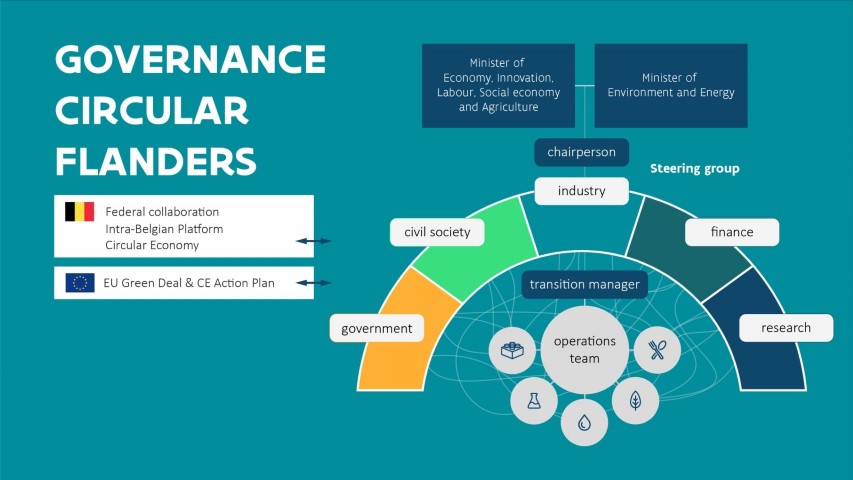Topics
We organise our actions in six thematic & strategic agendas:
Strategic Agendas:
Bio-economy
Circular Construction
Chemicals/Plastics
Manufacturing Industry
Food Chain
Water Cycles
Seven leverages provide additional support:
Leverage effects:
Lever Policy Instruments
Lever Circular Procurement
Lever Communication
Lever Innovation & Entrepreneurship
Lever Financing
Lever Jobs & Skills
Lever Research
What, why and how?
Why are we pursuing a circular economy?
Future visions 2050
How do we see our circular future?
About our management
Who steers what at Flanders Circular?
Circular Flanders was launched in 2017 to ensure Flanders transition to the circular economy by 2050. Check out our retrospective report on 2017-2019's activities here. The current Flemish Government confirmed this objective and voiced their ambition to transform Flanders into a circular trendsetter in Europe by 2030. To do that, they aim to separate the material footprint created by Flemish consumption from economic growth and reduce that footprint by 30%.
The circular transition is far too big to assign to a single team or organisation. That is why our approach starts from public-private partnerships working on six themed strategic agenda's and 7 strategic levers.
‘Flanders must lead the way on a European and global level in the transition to a circular economy. Now, more than ever, Circular Flanders has become the partnership that continues to define how to mould that transition in concrete terms. Investing in the circular economy means investing in our environment.’
- Flemish Minister for Environment Zuhal Demir
Today's new start is perfect timing. ‘Once the pandemic is over, we’ll need to powerfully, and above all, sustainably, kick-start our economy. To that end, circular economy may represent a tremendous opportunity and we make no secret of the fact that Flanders has got grand ambitions when it comes to the circular economy,’ says Flemish Minister for Economy, Hilde Crevits. The circular economy’s ability to contribute to greater economic resilience was demonstrated by a Circular Flanders and VITO survey conducted among 500 respondents in May 2020. It showed that companies employing a circular business model or business operation suffered considerably less from the lockdown's restrictions. 66% of these companies indicated that they didn’t suffer any losses due to the pandemic, compared to a mere 2% of ‘non-circular’ companies.
‘The enthusiasm among stakeholders I've seen to roll up their sleeves and get cracking on the circular economy gives me hope that we'll be able to achieve quick results,’ says Chairman Paul De Bruycker.
“Once the pandemic is over, we’ll need to powerfully, and above all, sustainably, kick-start our economy. To that end, circular economy may represent a tremendous opportunity."
- Flemish Minister for Economy, Hilde Crevits.
Steering Group
The Flemish Minister for Environment, Zuhal Demir, and the Flemish Minister for Economy and Innovation, Hilde Crevits, are taking the next step for Circular Flanders today, from a focus to scale-up trials and a generalisation of best practices. Paul De Bruycker (Indaver CEO) will be the new Chairman.
It's clear that the transition to circular economy is not only an environmental imperative but an economic opportunity as well. And that’s especially the case in terms of innovation and employment.
It’s for this reason that all relevant sectoral federations (VCB, Essenscia, Agoria, Fedustria, Fevia, Denuo, Vlaams Werkgeversplatform [The Flemish Employers Platform], Febelfin), research institutes (VITO and the CE Center), the Alliance for a Healthier Living Environment (BBL), and the VVSG are participating in Circular Flanders updated steering committee.
The steering committee reflects the ‘social pentagon’, including government, industry & business, local & social profit, knowledge institutions, and the financial world.
Strategy
STRATEGIC AGENDAS
The circular transition is far too big to assign to a single team or organisation. For the next step – the scale-up and mainstreaming – we need lots of assistance and many different types of expertise. And that’s why Circular Flanders is splitting up the work into six themed strategic agendas:
- circular construction
- chemicals and plastics
- water cycles
- biobased economy
- food chain
- manufacturing (textiles, furniture, electronics, batteries, etc.)
Each strategic agenda is a partnership in itself and is assigned a public and a private lead. They come up with targets together, define strategy, but first and foremost, they get things moving.
It’s no coincidence: the topics covered by the strategic agendas fit in seamlessly with the priorities that Europe puts forward in the Green Deal, among other things.
LEVERS
.png)
Drawing up and implementing strategic agendas, however, doesn’t guarantee success. To make the transition to the circular economy a reality, there is a whole series of habits, rules, and barriers native to the ‘linear economy’ that need to be tackled. What’s more, support in the areas of communication, funding, and robust scientific research are also required. For that reason, we are juxtaposing the strategic agendas with seven levers:
- financing
- communication
- research
- jobs and skills
- circular procurement
- innovation and entrepreneurship
- policy instruments
GOVERNANCE
The project leads of the strategic agendas and levers will assemble under Transition Manager, Brigitte Mouligneau's leadership to harmonise their efforts and learn from each other. The Circular Flanders coordination team will remain part of OVAM.
Circular Flanders will present its roadmap during its first State of the Union in the summer of 2021. The strategic agendas will be announced after the summer. However, the work? That’s already underway! And that’s a great reason to be sure to check out the Circular Flanders website and the related thematic subsites:
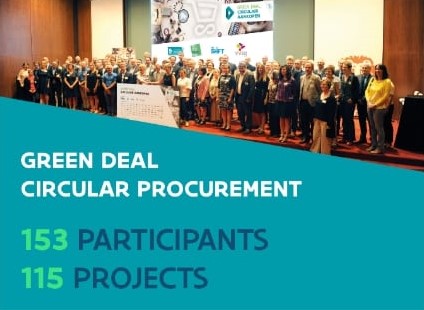

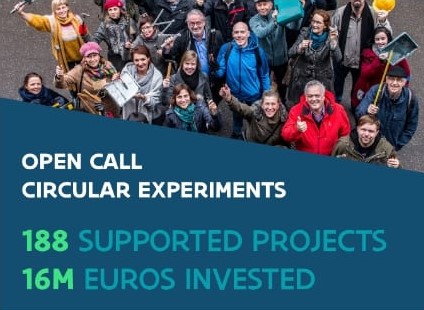
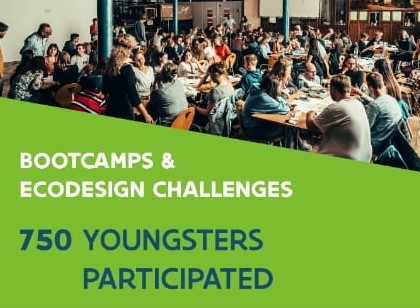
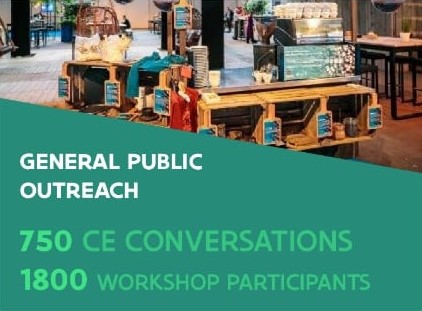
.jpg)
.png)
.png)
